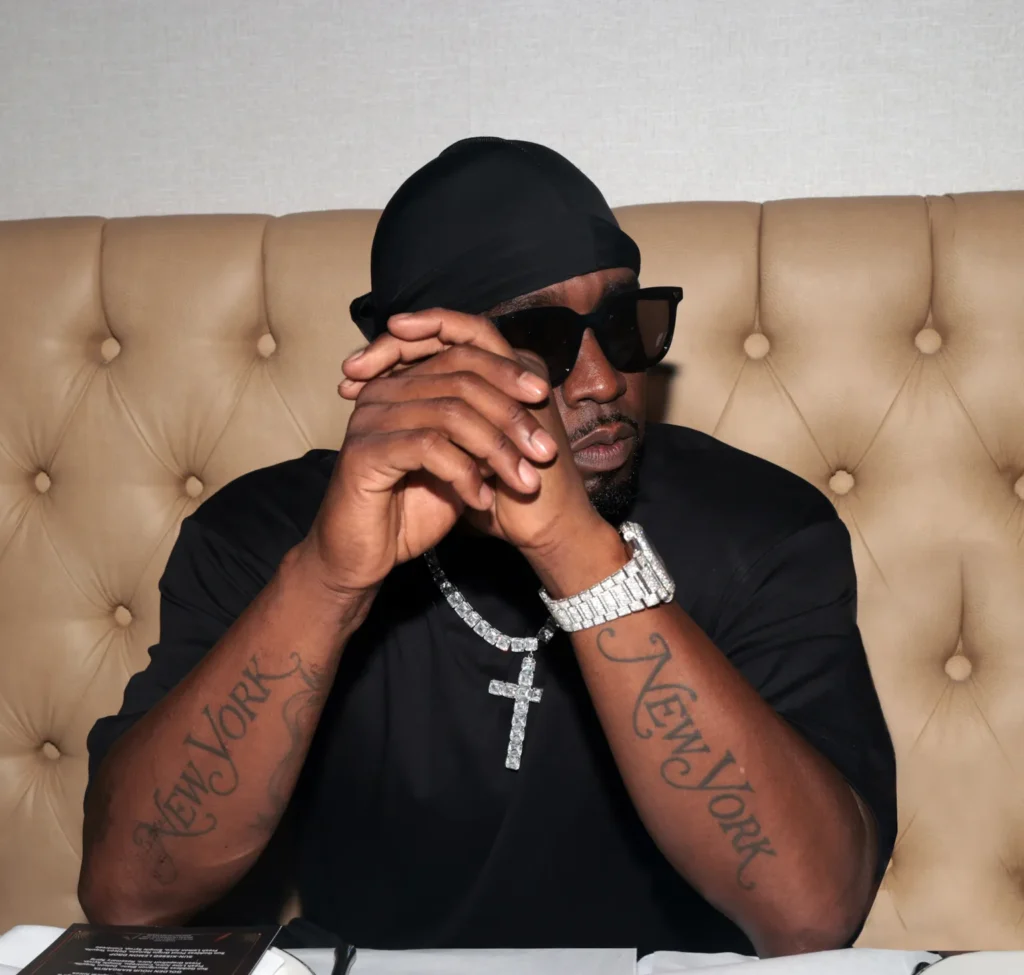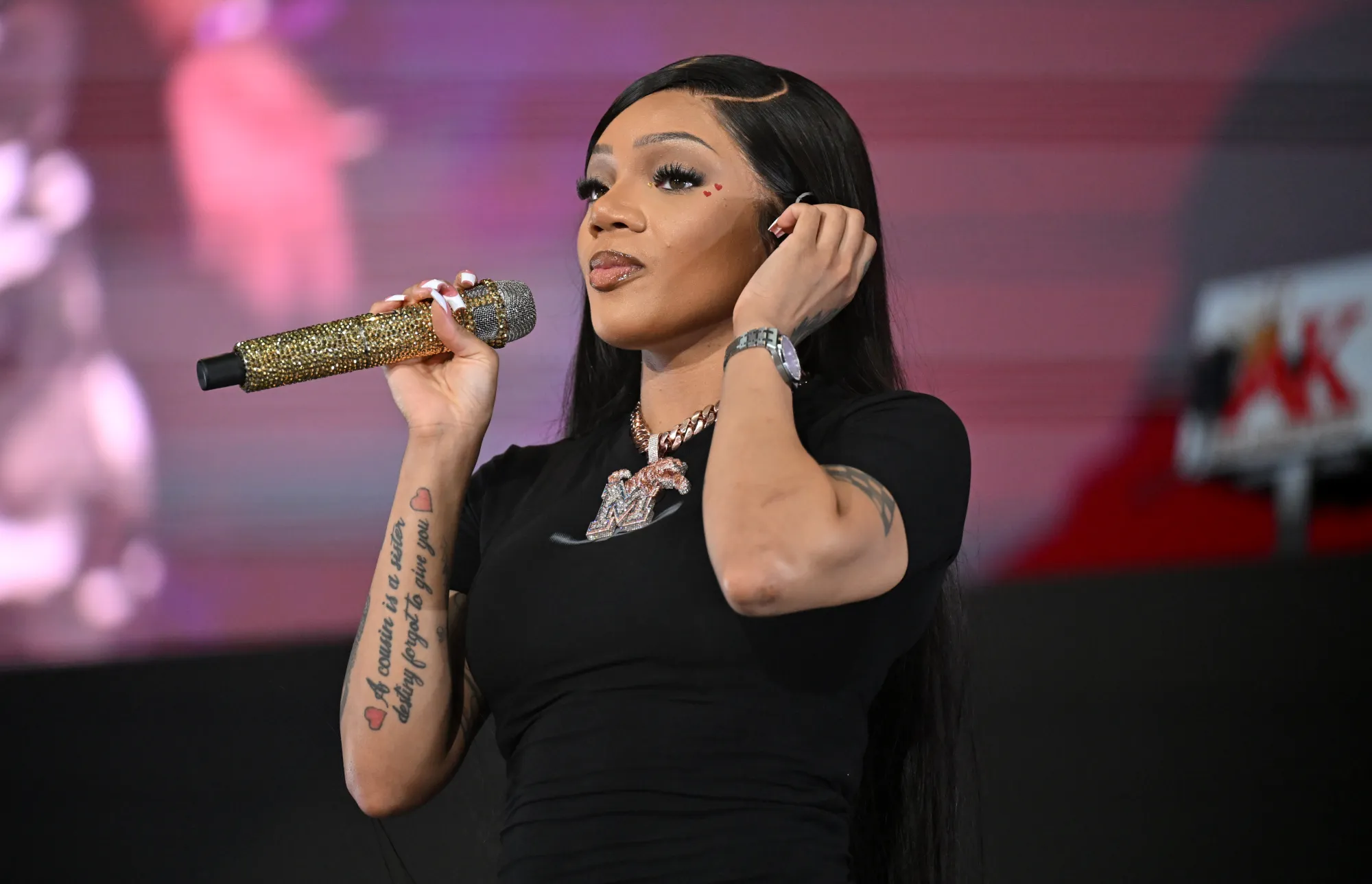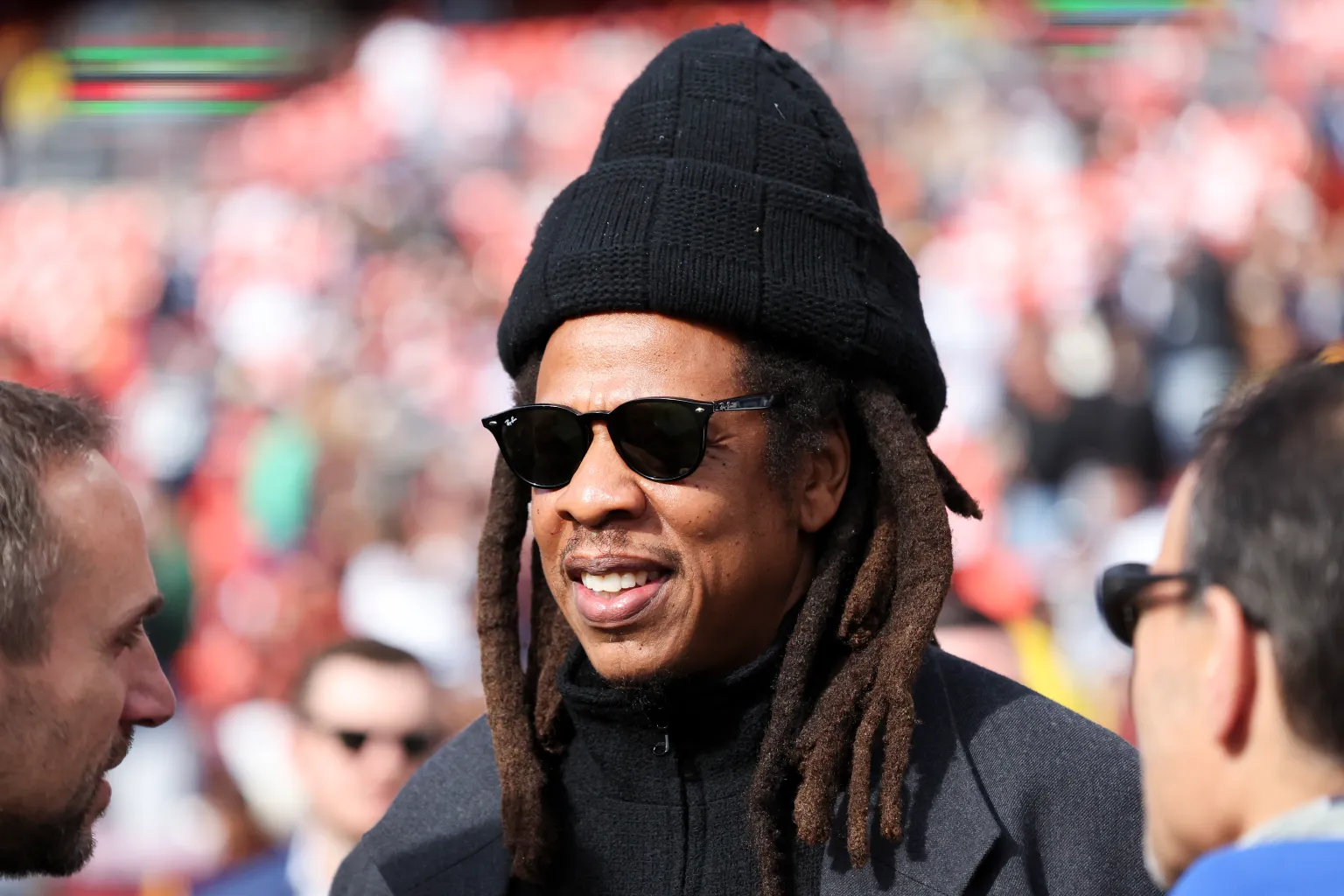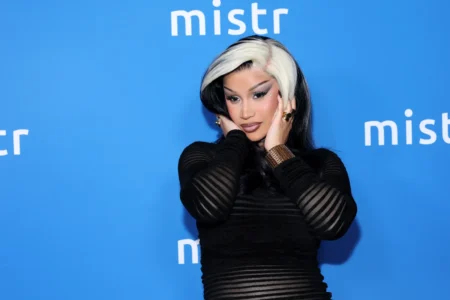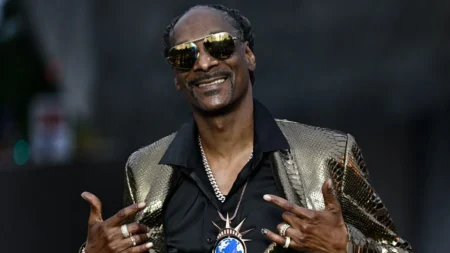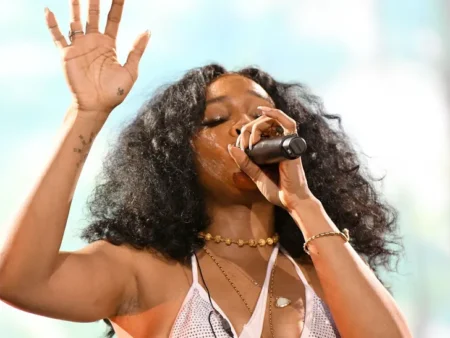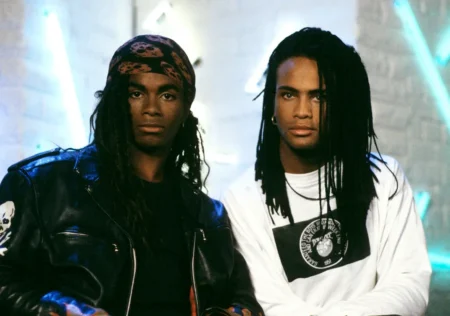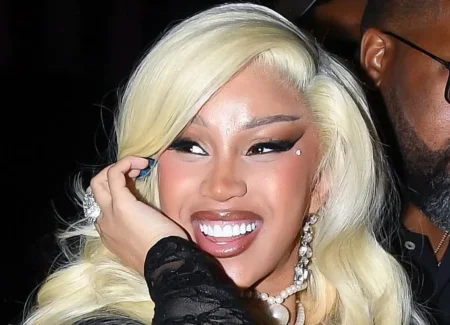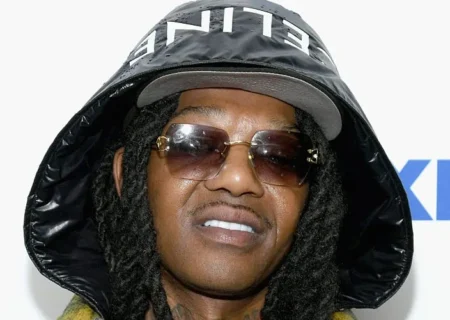A Manhattan courtroom has become the battleground for a powerful and emotional case involving music mogul Sean “Diddy” Combs, as a former assistant—identified in court as “Mia”—delivers harrowing testimony about alleged abuse spanning years.
Mia took the stand to describe what she called a pattern of emotional manipulation, sexual misconduct, and psychological control during her time working closely with Combs. The testimony painted a troubling picture of life behind the scenes of the music empire.
Allegations Date Back to 2009
Among the incidents Mia described was a 2009 assault at the Plaza Hotel during Diddy’s birthday celebration. She also recounted alleged abuse at his Los Angeles home and on a private jet.
“I was still brainwashed,” Mia told the court, explaining why she remained in contact with Combs for years despite the trauma.
She emphasized the internal conflict between fear and loyalty, describing how manipulation had blurred the lines between abuse and attachment.
Defense Questions Credibility, Cites Friendly Messages
Diddy’s attorney, Brian Steel, sought to discredit Mia’s testimony by highlighting affectionate messages she sent to Combs as recently as 2019. He argued that the tone and frequency of these messages undermined her current claims.
Mia, however, pushed back strongly.
“He was still a protector to me,” she explained, referencing the period when Combs was mourning the loss of his late partner, Kim Porter. She added that emotional manipulation had clouded her perception of reality for years.
Parallels to Cassie Ventura’s Lawsuit
Mia’s account drew inevitable comparisons to the lawsuit filed by singer Cassie Ventura, though Mia stated they never shared their experiences in detail.
“I was ashamed and wanted to die,” she said in court, revealing that the guilt and silence she carried left her with complex PTSD, often triggered by ordinary workplace situations.
Accusations of Financial Motive Refuted
The defense attempted to portray Mia’s allegations as financially motivated, part of what Steel called a “#MeToo money grab.”
But Mia firmly rejected the claim, stating:
“I’m not asking for any money. I came forward to confront my past and to help others feel brave enough to do the same.”
Final Thoughts
As the courtroom drama continues, Mia’s testimony is becoming a pivotal moment in the broader reckoning surrounding powerful figures in the entertainment industry. With raw emotion and disturbing detail, her account challenges both the public image of Sean Combs and the legal defenses that have long protected celebrity empires.




